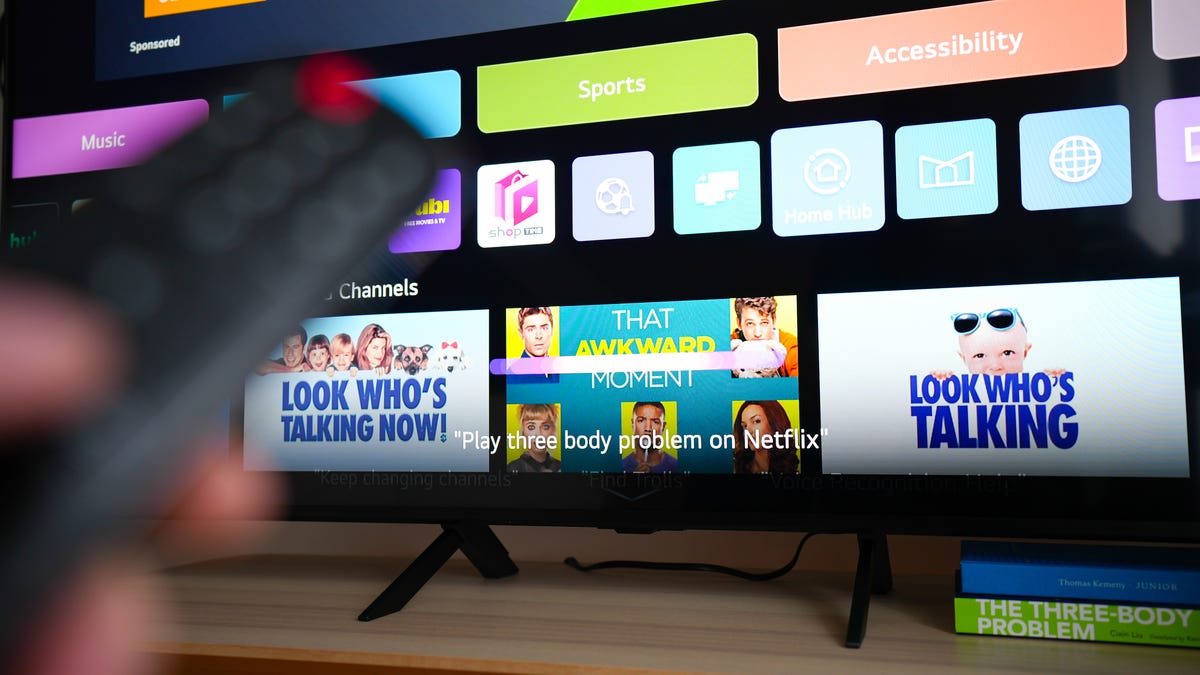
As Apple gears up for the unveiling of a new iPad model after an eighteen-month hiatus, speculation arises regarding the potential impact on the MacBook Pro’s market position. The introduction of the M1 Apple Silicon chipset in 2020, followed by the release of the M2, significantly transformed both Apple’s and its competitors’ laptop and desktop offerings. However, as the M3 chipset nears completion, the spotlight begins to shift towards ARM-based competitors, particularly with Qualcomm’s new Snapdragon X Elite coming into play.
Nevertheless, Apple appears poised to redirect public attention from its MacBook lineup to the iPad. With the year of the Mac drawing to a close, the iPad seems set to take center stage. Apple’s announcement of a special event on Tuesday, May 7, suggests the forthcoming launch of not only a new iPad but also a new Apple Pencil, judging by the invitation’s artwork. This will mark the first addition to the iPad lineup since October 2022, with anticipated releases including two versions of the iPad Air, sized at 10.9 inches and 12.9 inches, respectively.
Moreover, two iPad Pro upgrades are rumored, notably featuring a switch to OLED displays—a detail inadvertently leaked by Apple. A key revelation, however, pertains to the new iPad Pro tablets’ internal architecture. Contrary to housing the currently used M3 chipset found in consumer-level MacBook Air and MacBook Pro models, these tablets are expected to be powered by the next-generation M4 chipset, equipped with significant advancements, including artificial intelligence capabilities. This will position the iPad Pro as Apple’s initial foray into AI-focused hardware ahead of both the iPhone and Mac families.
The M4 chipset is anticipated to bridge the gap between Apple’s “large” hardware and the “mobile” A18 chipset slated for debut in the iPhone 16 family this September. The incorporation of AI into the iPad Pro underscores Apple’s commitment to advancing its technological ecosystem, particularly in areas such as image processing and predictive typing, where AI can offer substantial enhancements.
Apple has consistently advocated for the iPad family as a viable alternative to traditional computers. Equipped with a stylus, touchscreen, and keyboard, the iPad Pro aims to satisfy the primary computing needs of users who might otherwise opt for MacBook Air and Pro models. However, it remains to be seen whether the applications made available through the iPad’s App Store will afford users the level of versatility found in macOS applications.
In the coming months, Apple’s public relations efforts are expected to concentrate on the new iPad’s capabilities, emphasizing its power, portability, and the range of applications it supports. With anticipation building for the new model’s release, Apple hopes to ignite strong sales figures, even if it means somewhat overshadowing the appeal of the MacBook line in the process.
Source






